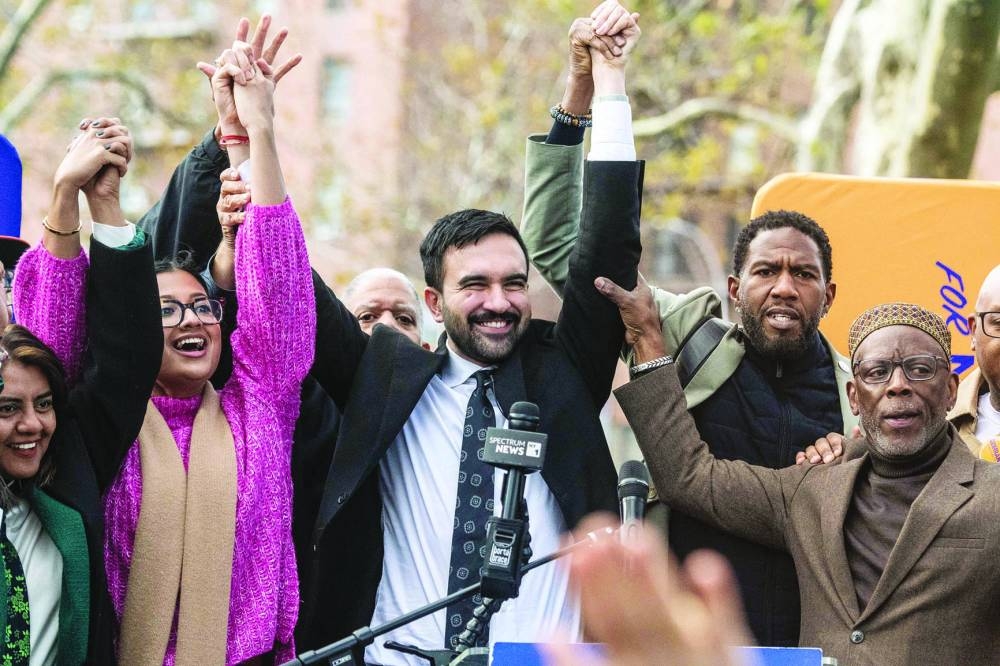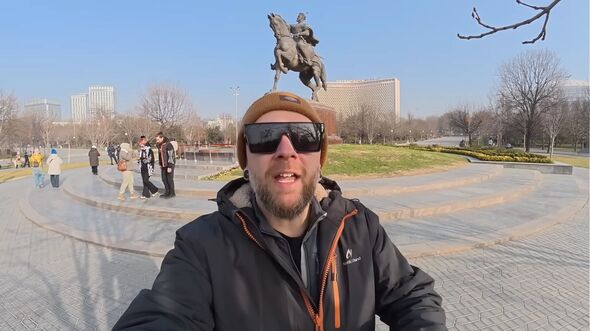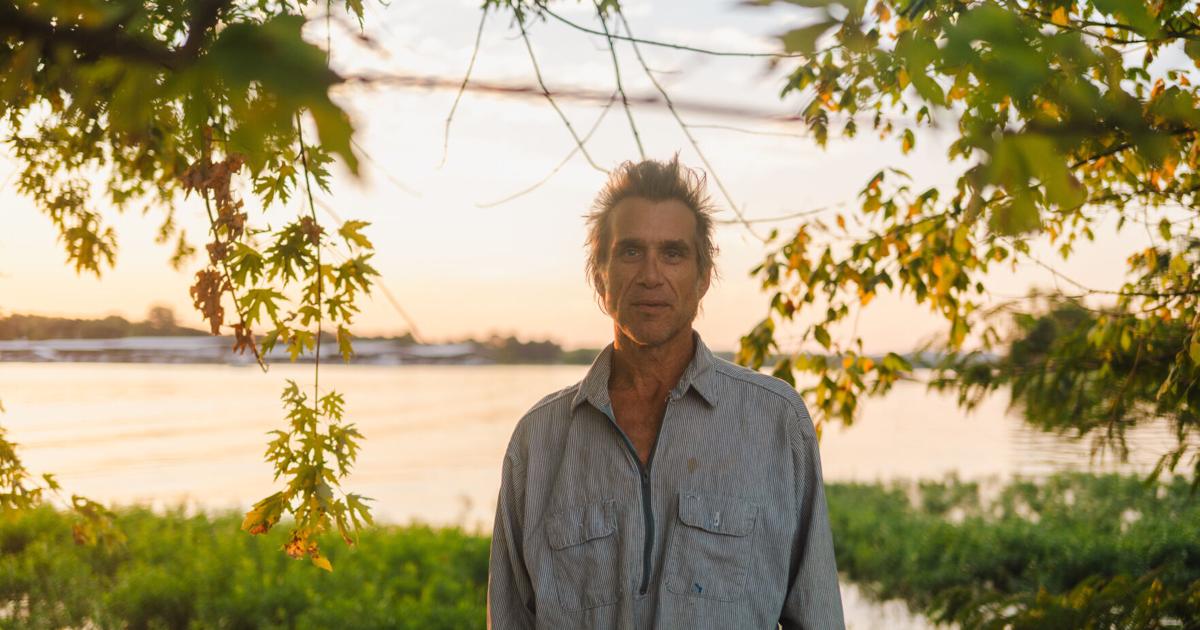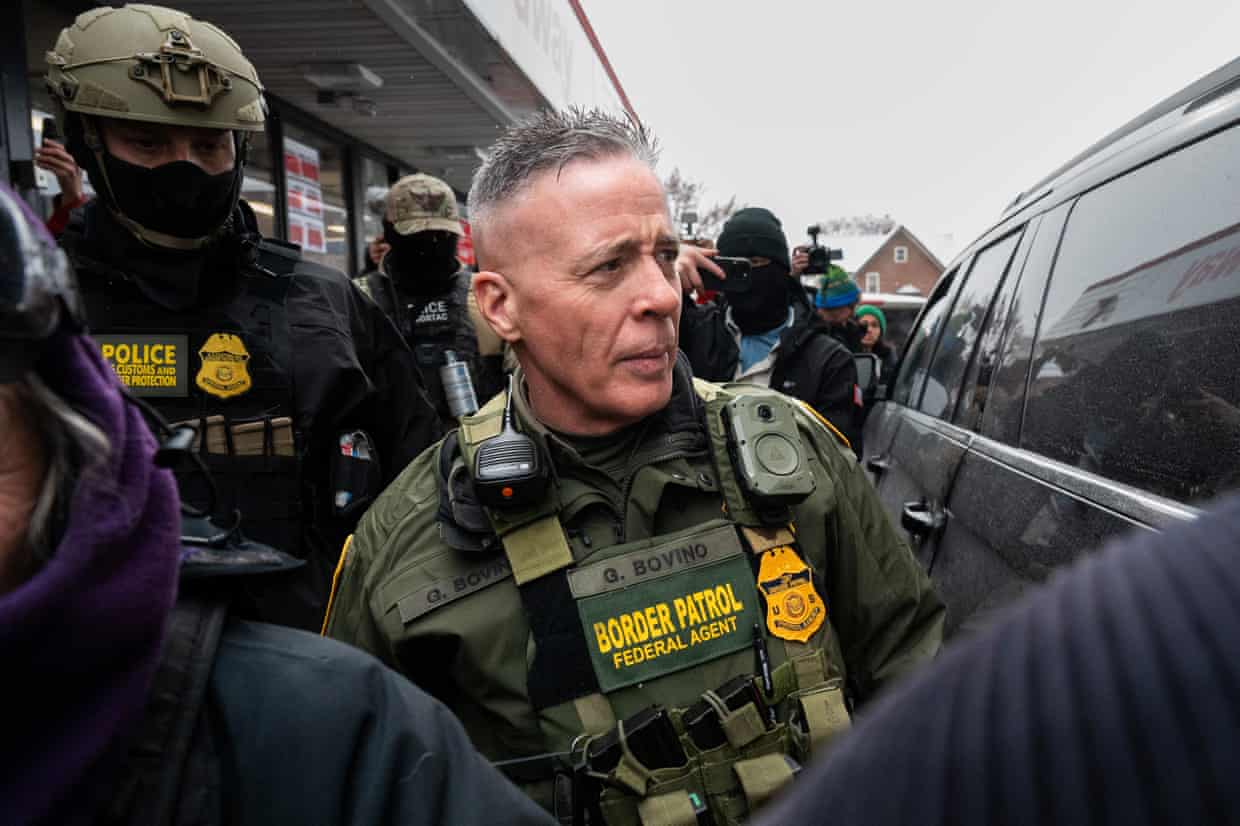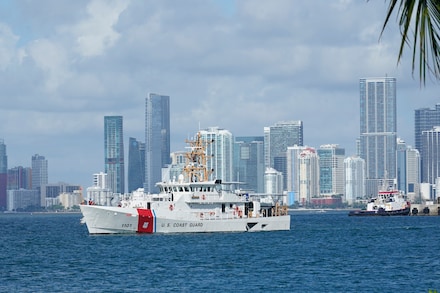New York City is set to choose a new mayor tomorrow in a highly competitive race that has attracted national attention. The frontrunner, Zohran Mamdani, has gained momentum despite criticism, including being labelled a “communist” by former President Donald Trump. Mamdani, a naturalised Muslim American and state legislator from Queens, currently leads Andrew Cuomo, the former governor facing allegations of sexual assault, who is running as an independent after losing the Democratic primary. In third place is Curtis Sliwa, a 71-year-old Republican known for founding the Guardian Angels vigilante group and his vibrant media presence.
According to a recent Quinnipiac University poll conducted from October 23 to 27, Mamdani holds a significant lead with 43% of the vote, while Cuomo trails with 33% and Sliwa at 14%. The election has centred on pressing issues such as the cost of living, crime rates, and the candidates’ stances on Trump, who has threatened to withhold federal funds from the city.
Campaign Dynamics and Voter Engagement
Mamdani’s campaign has resonated with many New Yorkers, particularly the younger demographic. Political analyst Lincoln Mitchell of Columbia University noted, “Mamdani is an unusual political figure and really captures the spirit of the moment.” He highlighted the significance of a Muslim candidate for mayor of New York, particularly in the context of rising anti-Muslim sentiment. Mamdani has actively addressed this issue, condemning both Republican and Democratic rhetoric that he deems Islamophobic.
Data from the NYC Board of Elections indicates that early voting has seen participation from 275,006 registered Democrats, 46,115 Republicans, and 42,383 unaffiliated voters in the first five days, which will conclude on November 2. Mamdani’s rise has underscored the ideological divide within the Democratic Party, particularly between its left and centrist factions. State Governor Kathy Hochul, a centrist, appeared alongside Mamdani at a rally but faced backlash from attendees chanting “tax the rich” in response to her criticisms of his tax proposals.
The campaign’s success has largely been attributed to grassroots engagement, with Mamdani’s team claiming 90,000 volunteers have joined the effort. Mamdani expressed his belief in the power of local conversations, stating, “It really comes back to people speaking to other New Yorkers about the city that we all love.” Young supporter Abid Mahdi likened Mamdani to Bernie Sanders, stating, “He is my Bernie Sanders in a lot of ways.”
Final Push and Voter Engagement Strategies
As the election approaches, Mamdani has engaged with older voters, who typically have higher turnout rates, participating in community events such as a “paint and pour” session at a Brooklyn elder care home. The weather has posed challenges for canvassing efforts, with heavy rain impacting outdoor activities. In response, the leading candidates have made media appearances to connect with undecided voters as the election nears.
Sliwa made headlines with a unique conservative rap video where he donned a suit and his iconic red beret. Cuomo, attempting to secure support from Black and Muslim communities, campaigned in Harlem alongside current mayor Eric Adams, who previously endorsed him after bowing out of the race amid corruption allegations.
Recently, a British newspaper stirred controversy by publishing what was claimed to be an interview with former mayor and Mamdani supporter Bill de Blasio. The article suggested doubts about the viability of Mamdani’s spending plans but was subsequently retracted after de Blasio denied participating in the conversation.
As New Yorkers prepare to cast their votes, the outcome of this mayoral election remains uncertain, with significant implications for the city’s future governance and political landscape.

